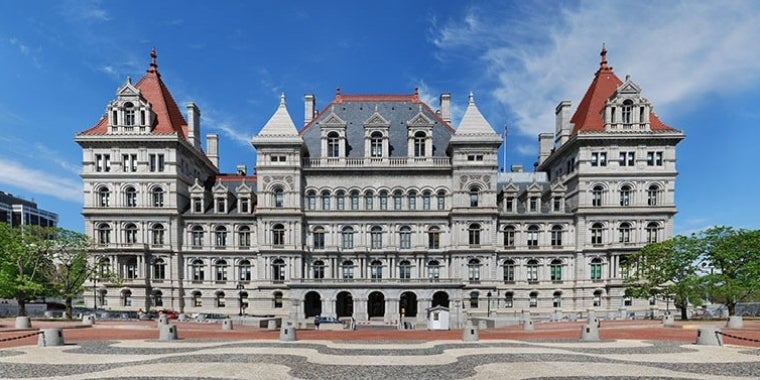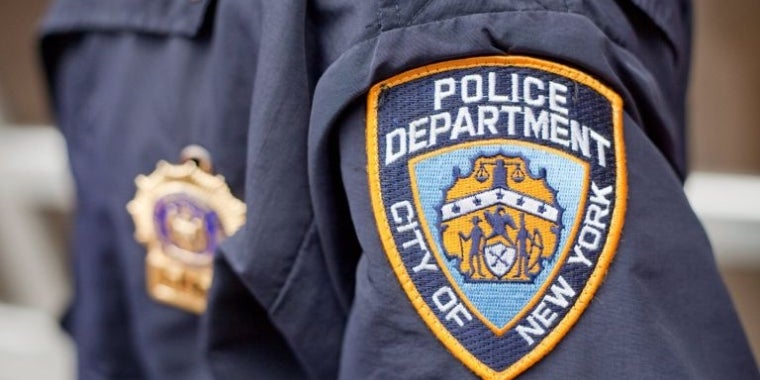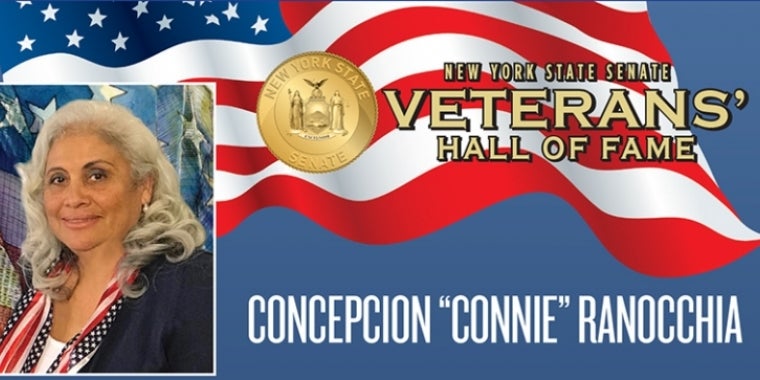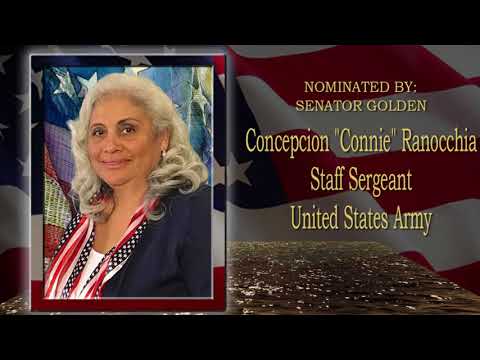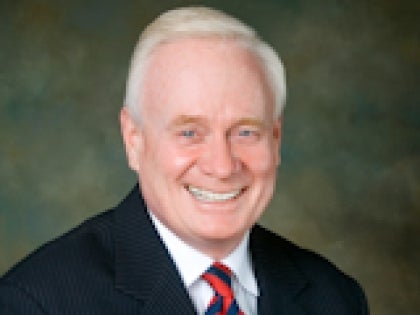
State Senate Approves Senator Golden's Legislative Plan To Regulate Cyber-cafes
Albany- The New York State Senate this week approved legislation (S. 2197), introduced by State Senator Martin J. Golden (R-C, Brooklyn) that allows for the regulation of Cyber-Cafes throughout the State of New York.
Senator Marty Golden stated, "As the internet craze continues to grow, we must keep in line with this trend to insure the safety and well-being of the children and adults who use these Cyber-Cafes on a daily basis. In Brooklyn, and throughout our City and State, we have witnessed tragedy and disturbances inside and outside of these Cyber-Cafes. We have been forced with the responsibility of establishing regulations to ensure that welfare of our youth is no longer jeopardized."
Senator Golden continued, "By requiring oversight and regulation of Cyber-Cafes, this legislation is responding to problems which put patrons in danger. We must realize that the current lack of regulation inside these cafes is pouring onto our streets in the name of danger."
Senator Golden’s legislation which seeks to amend the General Business Law in Relation to Cyber-Cafes includes the following:
3. Who Issues Certificate: The local municipal Office of Consumer Affairs, unless another agency is designated by the governing body of the municipality or county. The fee is $250, but not less than the cost of issuance by the county or municipality.
4. Definition of Cyber-Café: A place which advertises and has the capacity to lease, rent, or otherwise provide access to computing for the purposes of providing access to e-mails, and the Internet to two or more customers and subscribers concurrently at the site.
5. Requirement for Appropriate Conduct and Environment at Site: Make it unlawful for a cyber-café to suffer or permit the premises to become disorderly.
a. Define disorderly conduct as the occurrence of any noise, disturbance, misconduct, disorder, act or activity in the premises, or in the area in front of or adjacent to the premises, or in any parking lot provided by the cyber-café for use by its patrons, which adversely affects or tends to affect the protection, health, welfare, safety or repose of the inhabitants of the area in which the premises are located, or which results in the premises becoming a focal point for police attention or is offensive to public decency. (Language directly from ABC regulations of bars). [NOTE: We will not want to create a new crime, merely to reference any crime or violation on the books that occurs within the areas noted above].
b. Require appropriate lighting as part of preventing disorderliness and also of maintaining good personal safety for the user’s eyes, that a cyber-café be lighted to a level of office standards and that the windows remain uncovered except for blinds during sun light hours.
7. Violation: A first violation results in a $1,000 increase in the renewal fee; a second violation, finally adjudicated, results in an immediate revocation of the operating certificate. [The purpose is to make the cyber cafes police themselves, not to drive them out of business]
8. Patron Identification/Record-Keeping: Require patrons to provide proper identification with a driver’s license or other photo-ID, and require the cyber-café to maintain a record for a five-year period of the name and IP Address, i.e., the computer used. The purpose of the record-keeping is to trace back use of the computer in the event of a police action or terrorist apprehension elsewhere. The information would only be made available to police and federal enforcement agencies; compilation of a list or sale of a list would be prohibited.
9. Effective Date: Immediate, but allow the cyber cafes 180 days to register.
Senator Golden concluded, "This legislation focuses on the very areas of concern
that we have as a community of parents, educators and neighbors. The period of no
restriction and lack of regulation is coming to an end for cyber-cafes. We need to make
owners more responsible, provide for a safer environment, keep our children in school during the school day, and prevent these places from becoming all-night or late-night hangouts and overall, a user-friendly business with rules and regulations."
The bill was sent to the Assembly.
-30-
